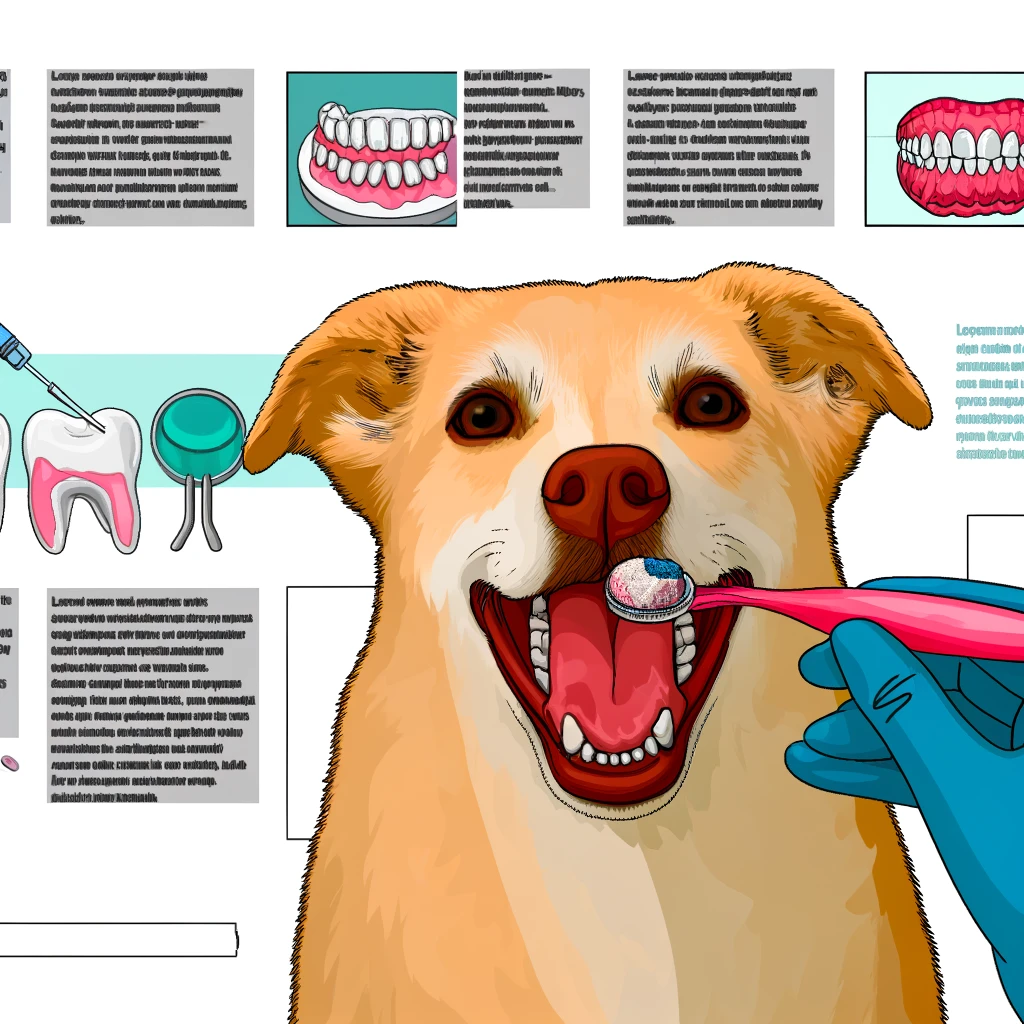The Importance of Regular Exercise for Your Dog’s Mental Health
The Importance of Regular Exercise for Your Dog’s Mental Health
As a responsible pet owner, you likely already know the importance of regular exercise for your dog’s physical health. But did you know that exercise is just as crucial for their mental well-being? Just like humans, dogs need mental stimulation and an outlet for their energy to maintain a healthy and balanced life. In this blog post, we will explore the benefits of regular exercise for your furry friend’s mental health and provide some tips on how to incorporate it into their routine.
1. Reduces Anxiety and Stress
Exercise plays a vital role in reducing anxiety and stress in dogs. Just like humans, dogs can experience these emotions, and regular physical activity can help them release built-up tension and relax. When dogs engage in exercise, their bodies release endorphins, which are natural mood boosters. These endorphins help to reduce anxiety and promote a sense of calmness.
In addition to endorphins, exercise also helps to regulate cortisol levels in dogs. Cortisol is a hormone associated with stress, and high levels of cortisol can have negative effects on your dog’s mental health. By engaging in regular exercise, you can help your dog maintain healthy cortisol levels, reducing their overall stress and anxiety.
2. Prevents Boredom and Destructive Behavior
Dogs are intelligent creatures that require mental stimulation to prevent boredom. When dogs become bored, they may engage in destructive behaviors, such as chewing furniture or excessive barking. Regular exercise provides an outlet for your dog’s energy and helps keep their minds occupied.
By incorporating activities like walks, runs, or play sessions into your dog’s daily routine, you can help prevent boredom and reduce the likelihood of destructive behavior. These activities not only tire them physically but also provide mental stimulation through exploring new environments, encountering different smells, and interacting with other dogs and people.
3. Promotes Bonding and Socialization
Regular exercise provides an excellent opportunity for you and your dog to bond and strengthen your relationship. Whether you’re going for a hike, playing fetch at the park, or participating in a doggy playgroup, these activities allow you to spend quality time together.
Additionally, exercise helps promote socialization in dogs. By exposing them to different environments, people, and other dogs, you can help them become more confident and comfortable in various situations. Socialization is crucial for your dog’s mental well-being, as it helps prevent fear and aggression towards unfamiliar people or animals.
How to Incorporate Regular Exercise into Your Dog’s Routine
Now that you understand the importance of regular exercise for your dog’s mental health, let’s discuss some practical ways to incorporate it into their routine:
1. Daily Walks:
Take your dog for a walk at least once or twice a day. This not only provides physical exercise but also allows them to explore their surroundings and engage their senses.
2. Interactive Toys:
Provide your dog with interactive toys that require mental effort to obtain treats or rewards. These toys keep their minds engaged and provide mental stimulation even when you’re not available to play with them.
3. Playdates:
Arrange playdates with other dogs to provide socialization opportunities for your furry friend. This can be done at a local dog park or by organizing playdates with friends or neighbors who have dogs.
4. Agility Training:
Consider enrolling your dog in agility training classes. These classes not only provide physical exercise but also challenge your dog mentally as they navigate through various obstacles.
5. Swimming:
If your dog enjoys water, swimming can be an excellent form of exercise. It is low-impact and provides a full-body workout for your furry friend.
Conclusion
Regular exercise is essential for your dog’s overall well-being, including their mental health. By incorporating physical activities into their routine, you can help reduce anxiety and stress, prevent boredom and destructive behavior, and promote bonding and socialization. Remember to tailor the exercise to your dog’s age, breed, and individual needs, and always consult with your veterinarian before starting any new exercise regimen. So, lace up those walking shoes, grab your dog’s leash, and embark on a journey to a happier and healthier life together!












